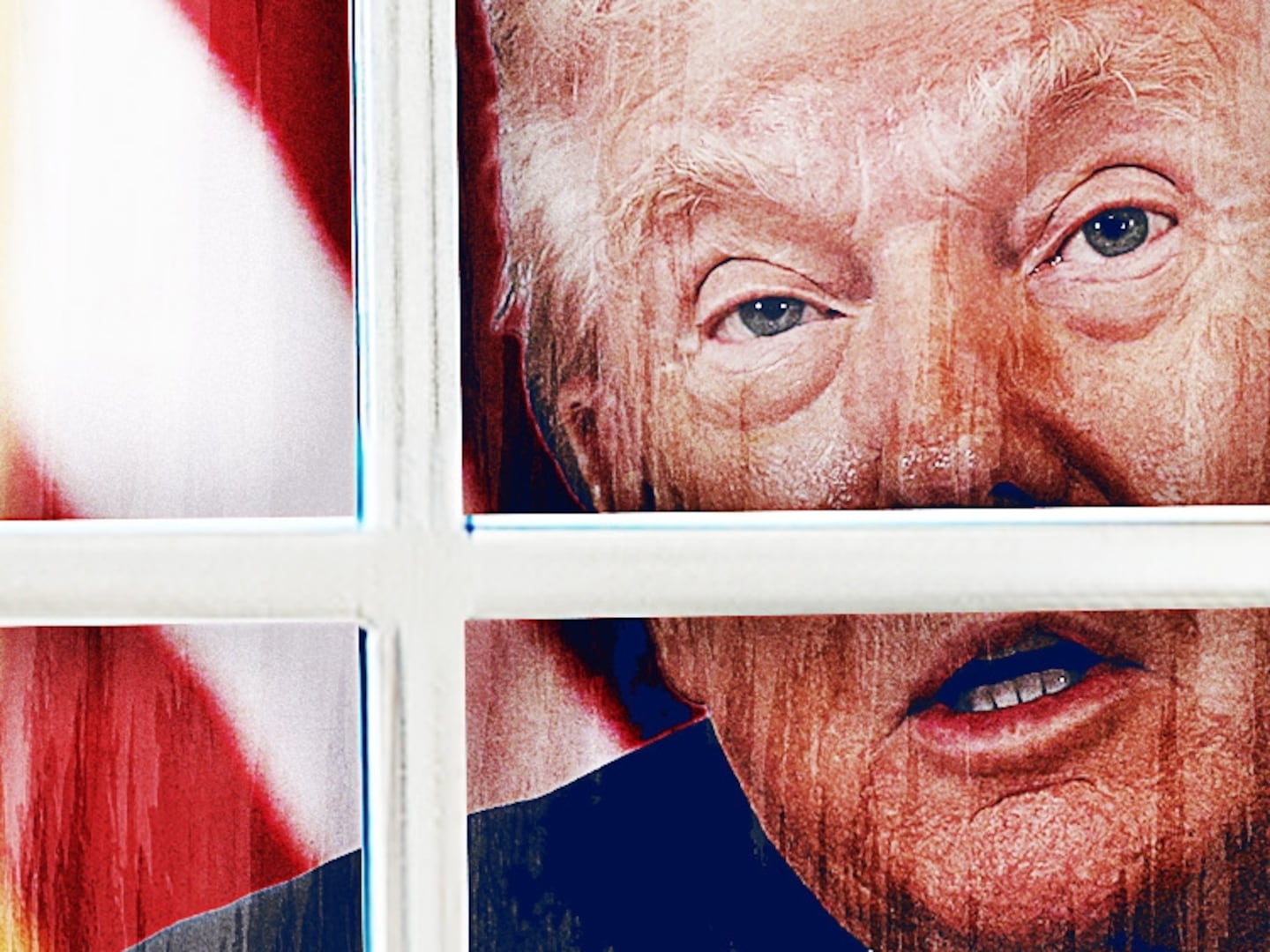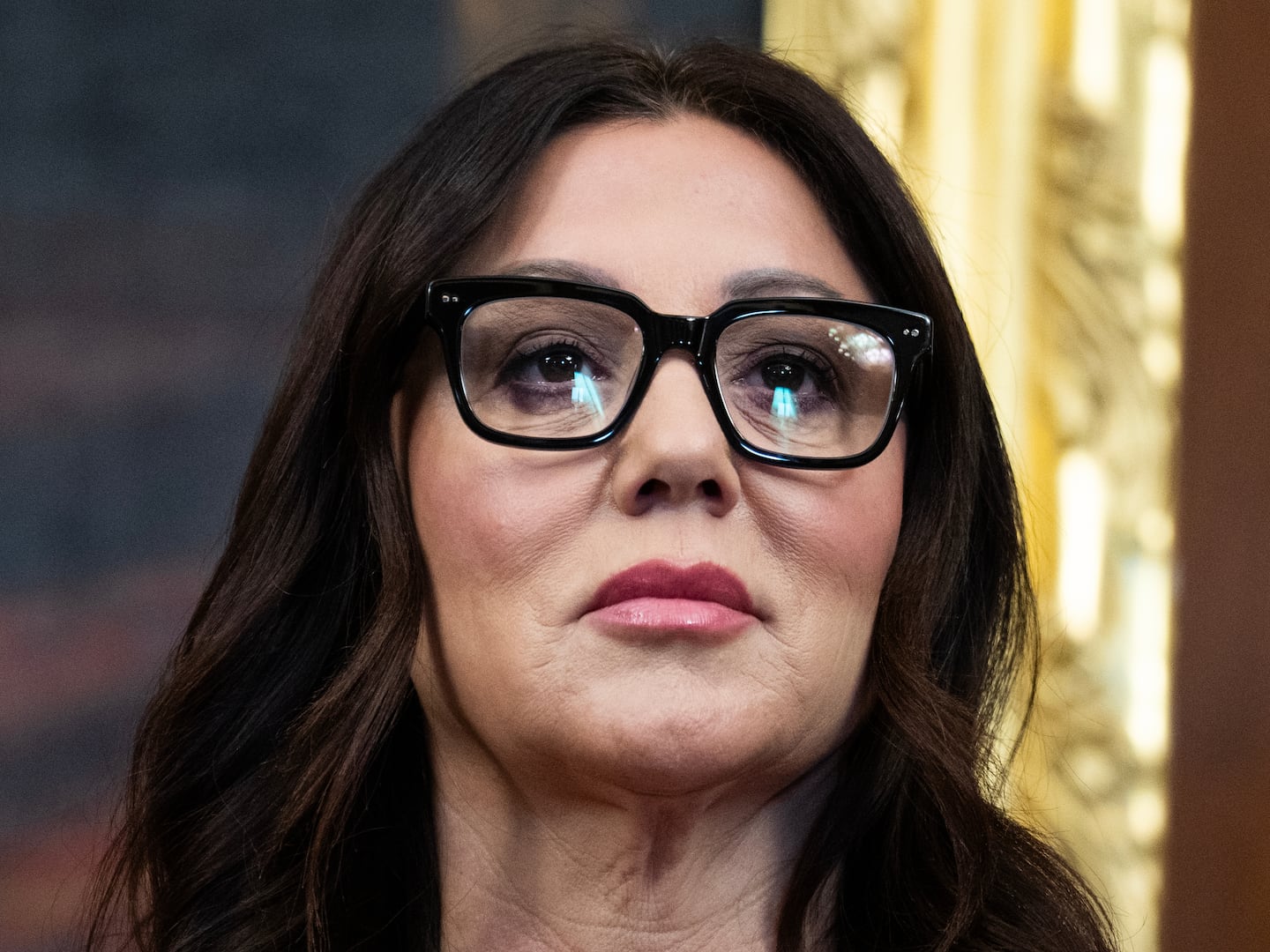Prince Bandar bin Sultan, the Saudi Intelligence Chief, told European diplomats that Saudi Arabia would make a “major shift” in policy away from the United States. This bombshell was leaked by an unnamed source. Still, it should have triggered eruptions in Washington. After all, the mighty oil rich Kingdom and investor in the American economy has been a mainstay of U.S. policy in the Mideast for over half a century. So, why the silence?

In good part, no one was quite sure what to make of the mysterious “leak.” Maybe it was just Prince Bandar doing his thing. To be sure, softer words along similar lines had come privately from Saudi Foreign Minister Saud al-Faisal. But the Obama team had heard nothing so startling from the boss himself, King Abdullah. And the King’s voice is what truly matters. Besides, Prince Bandar is well known for his Republican Party leanings, his private snorts against President Obama’s “weakness,” and for his mighty hawkishness (his advocacy of the Iraq war was of Vice President Cheney-like proportions). To many a Mideast watcher, then, the supposed policy shift could be dismissed as Bandar rantings. But Prince Bandar was not the only Saudi Prince who is ranting. Prince Turki al-Faisal, the former Saudi Intelligence Chief and former Ambassador to the U.S., added his complaints on Tuesday. He said, “the current charade of international control over Bashar’s chemical arsenal would be funny if it were not so blatantly perfidious.”
Perhaps the silence towards Prince Bandar’s leaks reflects the mood of some policy experts who have already chalked off Saudi Arabia as an important ally. It’s true that Riyadh has done damage to American interests by supporting Islamic extremists in a number of countries. On the whole, however, Saudi funds and arms have leveraged American aims in many tight situations. This includes protecting America’s oil supply flanks from the likes of Iran. So, Riyadh cannot be written off so casually.
Another explanation for the relative silence to the Prince Bandar leak is even more telling: how could Washington fear a major policy shift from Riyadh when Riyadh has no real alternatives to the U.S., no country or countries that could conceivably take America’s place? Russia and China make no sense. Their policies in the Mideast region hurt Saudis even more than America’s, and the Saudis know this full well. Nor does it make any sense for Saudi Arabia to turn to an enfeebled Europe, and the Saudis also know this all too well. Nor can Saudi Arabia expect to conjure up a new league between Arab states as a strategic alternative to America. The interests of Arab states simply differ too widely to imagine any new and workable Arab alliance. This truth is also well known in Riyadh. But it would be foolish and self-destructive for the Obama administration to simply believe that the Saudis, or other Arab states like Egypt, are stuck with America and have no alternative, no matter how self-destructive, no matter what.
Prince Bandar’s leak contained specifics worth contemplating in Washington. Mainly, he complained about Obama’s flip-flopping on Syria—particularly the President’s failure to rapidly arm Syrian rebels and conduct air strikes in retaliation for Assad’s use of chemical weapons. Prince Bandar also worried about America entering a slippery slope in negotiations with Iran. Shiite Iran is enemy No. 1 to the Sunni Saudi clan. And Saudi leaders worry neurotically that Iranian-American negotiations now underway would weaken American commitments to them. Prince Bandar also mentioned U.S. failure to back the Saudis when they sent troops into Bahrain in 2011 to support a Sunni leader against his Shiite majority people. Prince Bandar said nothing about America’s withdrawal of aid from the new military government in Egypt, but that’s a big issue in Riyadh as well. The Muslim Brotherhood government, overthrown by the Egyptian military, was a real adversary of the Saudis, and they wanted the U.S. to help, not criticize, the new Egyptian military rulers. Not least, Riyadh blames Washington for not being tough enough on Israel, especially when it comes to negotiations for a Palestinian state. Also part of Saudi unhappiness was last week’s headline about Riyadh’s declining a seat on the UN Security Council. That rejection was aimed both at the international body and at U.S. leadership.
These Saudi concerns are not just Saudi concerns. They are endemic throughout most Arab countries. For years now, Arab states aligned with Washington tremble at what they see as Obama’s support for “the Arab Spring.” They fear he sees this as a good democratization process that could well lead to U.S. support for similar movements in Saudi Arabia and other Gulf States. They don’t see the Arab Spring as democratization; they see it as an extremist Muslim challenge to their rule. Arab leaders don’t think Obama understands that. Syria has also brought many Arab leaders’ alarms to new heights. They see Syria as a crossroads battle between Shiite-backed Iran and their fellow Sunni rebels. They believe that the Sunni defeat at this point in Syria would directly endanger Sunni rulers throughout Arabia. Remember, the largest oil province in Saudi Arabia has a huge Shiite majority.
Neither the Saudis nor other Arab states (nor, in fact, Israel) understand Obama’s Mideast policy—and that’s the heart of the problem. That’s what is truly spooking them. Obama and his minions have been all over the lot. Arab leaders were, frankly, shocked that Obama had far more contact with Mohamed Morsi, the recently-overthrown Muslim Brotherhood President of Egypt, than Obama had with any other Arab leaders. They were happy when Washington ousted Colonel Gaddafi of Libya, and then unnerved when Washington simply walked away from the resulting chaos and extremism. And they certainly have not been reassured by what Washington has been telling them about its talks with Iran. For Secretary of State Kerry and others to simply say that the U.S. won’t make any agreement with Iran that endangers America’s allies in the region sounds to them like blowing hot air. Arab leaders have no idea where Obama administration leaders think they are going in relations with Tehran.
The absence of an Obama strategy in the Mideast, and indeed in other parts of the world, is truly nothing new. This U.S. President has not had a clear and compelling strategy on most international issues and regions, in the opinion of most foreign leaders. The White House can and does deny this, but it will continue to be so at its own peril and the peril of the United States. Obama has got to provide a compelling overview for what he is trying to do throughout this explosive region of the world. Prince Bandar’s leak—and the hundreds of conversations along similar lines—reflect two facts: Arab leaders are spooked by U.S. indecision and lack of clarity, and they are trying to spook America into getting its act together.






